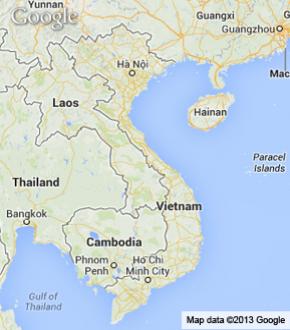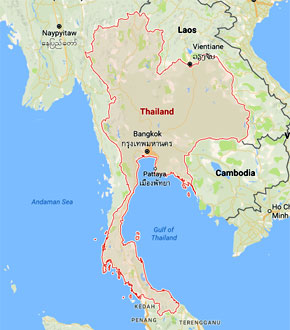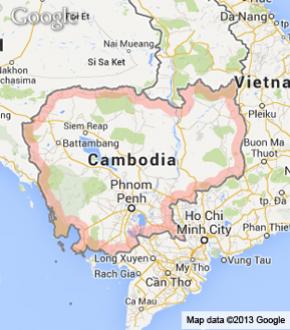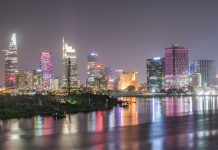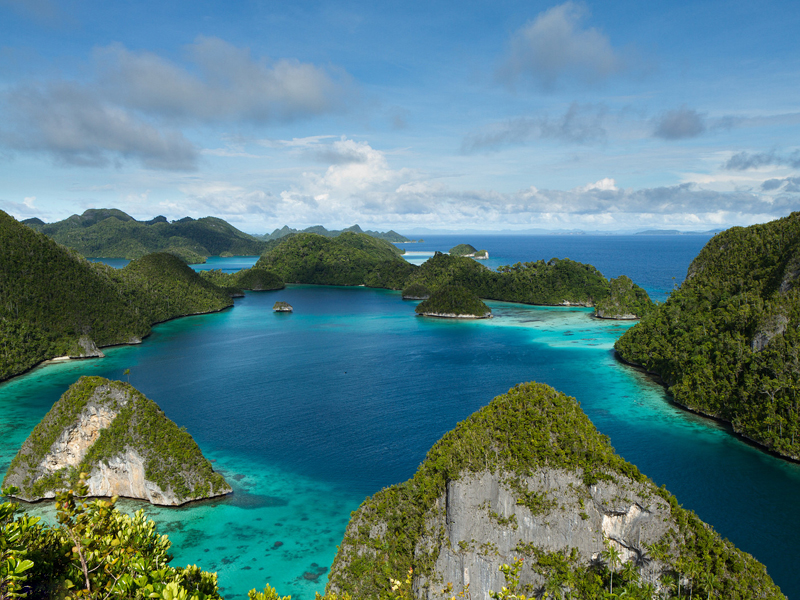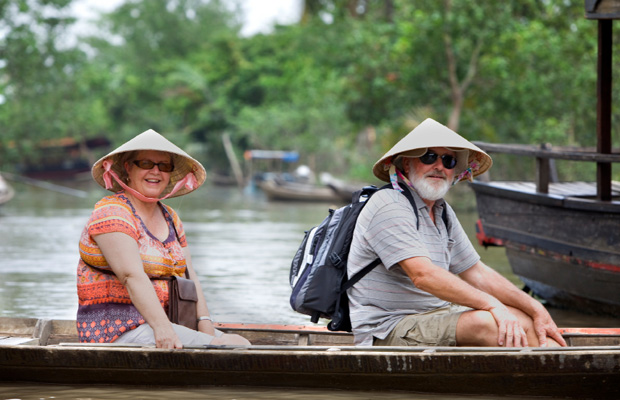The problem of plastic pollution is on everyone’s tongue at the moment. However, there seems to be the equivalent of fat shaming going on in Southeast Asia when it comes to this particular ecological issue. I have noticed a huge prevalence of posts on social media recently pointing out that Vietnam is one of the biggest pollutes on the planet when it comes to plastic. I refute this wholeheartedly. Blaming someone for using plastic instead of the people manufacturing it is like blaming the people of Bhopal, India in 1984 for breathing in!
Bhopal did not happen because people had the audacity to live there, it happened because Union Carbide was producing massive amount of toxic pesticides and their safety standards were lax at best and down right criminal in all probability.
Southeast Asia’s Timebomb
Yes, Vietnam, and indeed all of Southeast Asia, has a problem with plastic pollution, but it is not a problem of their own making. You have to remember that this is a country that has for the last 4 decades been fervently dragging itself out of the ravages of war. Poor people have to survive and they simply don’t have the luxury of middle class values. Vietnam is doing well, but it needs support not blanket criticism.
Drinking straws
Drinking straws have been highlighted many times in recent years. It seems unbelievable that such a small item can cause such devastating plastic pollution, but the sheer number of them being used boggles the mind. America alone discards 500 million every day! We all probably remember the video of a guy trying to extract a plastic straw from the nostril of a sea turtle, it was painful to watch. Gladly responsible companies here in Ho Chi Minh City are now starting to ditch them. One of the very first Thai Street in Thao Dinh, gets my custom even more now.
If you really want to look at the real reasons that there are millions of tons of plastic in the oceans, take a long hard look at the people who are producing it. You won’t find a single Southeast Asia country in the World’s top 10 manufacturers of plastic. In fact you will only find one Asian country. The rest are all from the West with the biggest offenders being the United States of American and Europe.
The World’s top ten producers of plastic are as follows:
1: Dow Chemicals - USA
2: Lyondell Basell - Netherlands / USA / UK
3: Exxon Mobil - USA
4: Sabic - Saudi Arabia
5: INEOS - Switzerland
7: BASF - German
8: ENI - Italy
9: LG Chem - Korea
10: Chevron Phillips - USA
Now, for example, MacDonald’s in the UK are forced to employ people outside their “restaurants” to pick up the he quantities of crap that customers throw in the streets. Most people think that is reasonable and even MacDonalds, wary of public image, are happy to comply. So why are the world’s biggest plastic polluters not compelled to do the same?
The People Behind These Companies
Well, it might have something to do with the people running the plastic manufacturers. Let’s look at a few. Dow Chemicals CEO and chairman is Andrew N. Liveris. In December 2016, he was named by Donald Trump to lead his American Manufacturing Council. Liveris stated at the time that Trump created a climate that is conducive to business effectiveness for his company. Do you think that the ecology was top of his priorities?
Exxon Mobil are of course the company behind the world’s second ever largest ever oil spill. On the March 24, 1989, the Exxon Valdez, tanker spilled 10.8 million gallons of crude oil into the waters off Alaska. Despite the obvious blame element, the company fought tooth and nail against the charges brought against them. In the end they were forced to pay $507.5 million in punitive damages, including lawsuit costs, plus interest, which were further distributed to thousands of plaintiffs. $5 Billion was being sought.
Sabin of Saudi Arabia are the world’s largest producer of Bisphenol-A. BPA is a synthetic oestrogen used to produce polycarbonate (PC) polymers and epoxy resins. It is said to mimic hormonal oestrogen and is linked to increases in breast cancers, obesity, and other health conditions. According to the website, Plastics Today “Denmark has banned BPA in all baby food products, and the Japanese canning industry has replaced its BPA-containing resin can liners. The U.S. still allows BPA in baby bottles, but 11 U.S. states have prohibited the use of BPA in children’s products.”
Stop Blaming Poor People
I think you can see where I’m going with this. These are not exactly the companies that I would want looking after the world’s plastic pollution and other ecological problems. They have shown scant regard for such issues. So next time you read about how bad pollution is in Vietnam or Thailand or Indonesia or any other Southeast Asian country, try to look at the bigger picture. It is not the fault of a poor farm worker in The Mekong Delta enjoying his morning Caphe Da that is causing this. It is huge multinational companies that have been flooding the world with this rubbish for more than a generation.
Some great work is being done in helping to clean up this mess, but it is mainly down to amazing volunteers like the people at Clean Up Vietnam. They get together from time to time, single out a polluted blackspot and get to work. My hat is off to them, but it needs a huge rethink from all of us. We all love to go to the beach, but soon there may be none left unless we act against plastic pollution. It will take a monumental effort by us all to undo the damage, and a huge change of thinking in how to deal with it.

